Call to 'honestly discuss' Muslim extremism by UKIP's Neil Hamilton
- Published
People feel unable to "honestly discuss" extremism, says Neil Hamilton
People in Western society do not feel they can honestly discuss problems that exist in the Muslim community, UKIP's leader in the Welsh Assembly has said.
During a heated BBC Wales Ask the Leader programme, Neil Hamilton said an extreme "strand of Islam" was having a "dramatic and disastrous effect".
He said the Manchester suicide bomber was a "fundamentalist Muslim".
He denied UKIP was targeting Muslims, but claimed "the problem exists only within the Muslim community".
The AM for Mid and West Wales said: "Part of the problem with Islamophobia today in Western society is that people feel that we've not been able honestly to discuss problems that undoubtedly exist within the Muslim community.
"There is a strand of Islam which is extreme and fundamentalist, which don't believe that women have any place in society.
"It doesn't matter how tiny the percentage is. It clearly has a dramatic and disastrous effect.
"The views espoused by the person who was responsible for that disgraceful, disgusting outrage in Manchester a few days ago is somebody who believes in fundamentalist Islam.
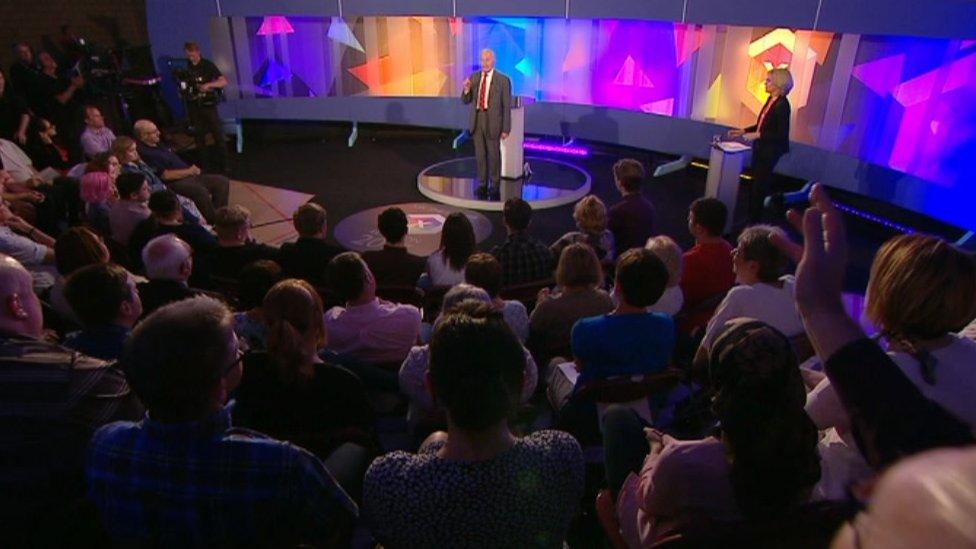
"The overwhelming majority of Muslims are just as outraged by this as anybody else. But until we actually deal with the particular problems that exist within that religion and no other within Western society - let's be honest about this, it is solely within Islam - this is something which will never truly be sorted out.
When challenged that UKIP was unfairly singling out Muslims, Mr Hamilton replied: "We're not targeting the Muslim community. The problem exists only within the Muslim community.
"This suicide bomber was a fundamentalist Muslim. All suicide bombers have been fundamentalist Muslims. We are targeting the root cause of the problem."
Mr Hamilton went on to say that it was an "unfortunate feature of the Muslim community that a very substantial proportion of Muslim women, towards a quarter, have very little command of English as a language".
"We will never get proper integration unless we do something to address this particular problem."
Asked how he would change that situation, he said it was "difficult" and that people could not be compelled to do what they do not want to do.
"I think it's got to come within the Muslim community itself," said Mr Hamilton.
Asked about UKIP's policy to ban face veils worn by Muslim women, he said: "You can force people to change the outward symbols".
He added: "The veil is a barrier not just to integration but also to treating women, I think, in a way which frees them from the confines of what I personally regard as anachronistic views about the role of women in society."

Expert view - from Nye Davies of Cardiff University's Wales Governance Centre
If the latest polling data is anything to go by then we are about to witness one of the quickest declines a political party has faced in recent times.
In the 2016 Welsh Assembly election, UKIP won 12.5% of the constituency vote and 13% of the regional vote.
For the upcoming election, polling data from the Wales Governance Centre puts UKIP on 5%. This is an 8% drop from opinion polls in January, a remarkable decline in such a short amount of time.
With UKIP voters seemingly moving in their droves to the Conservatives as Theresa May asks for a "strong hand" in Brexit negotiations, it is difficult to see what the party can offer.
UKIP's entire purpose has been to campaign for the UK to leave the EU - now that this is happening, what else does the party offer?
- Published25 May 2017
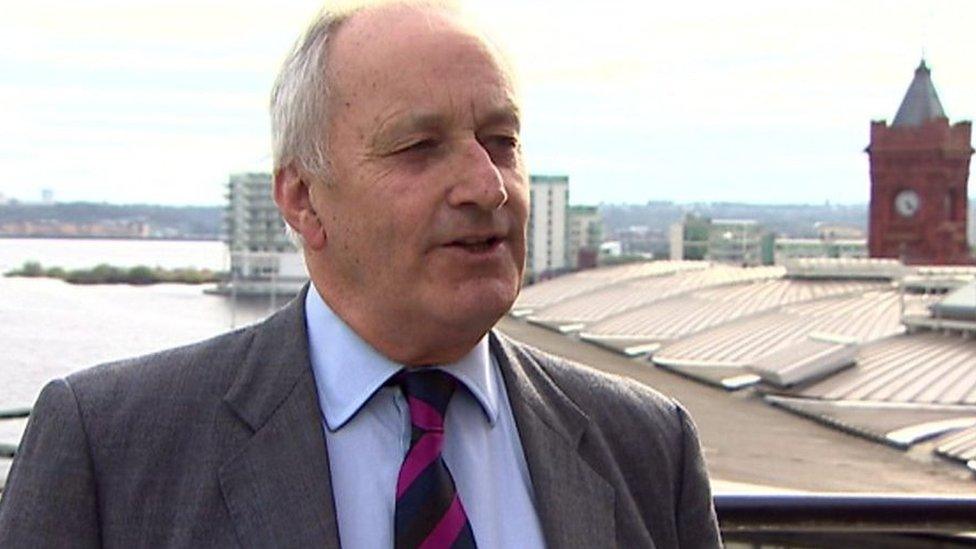
- Published23 May 2017
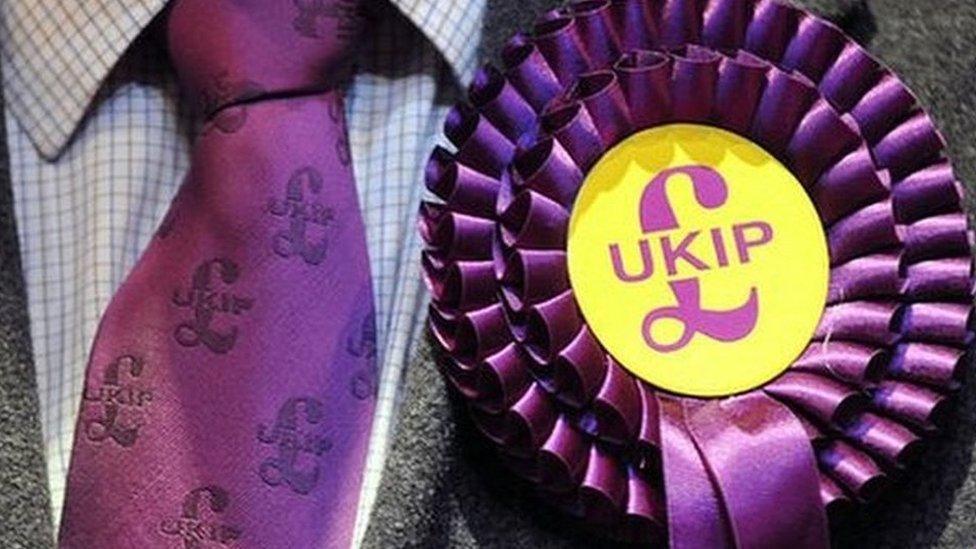
- Published17 May 2017
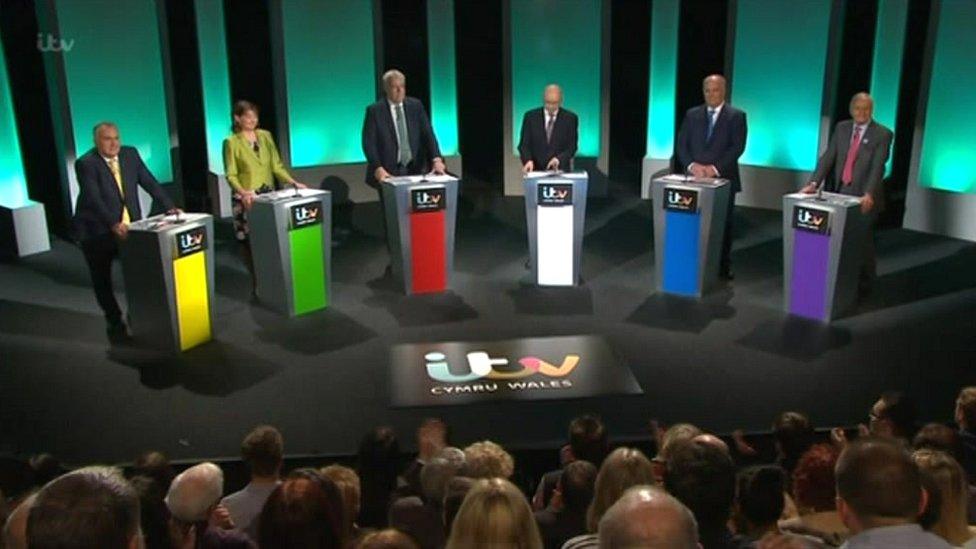
- Published15 May 2017
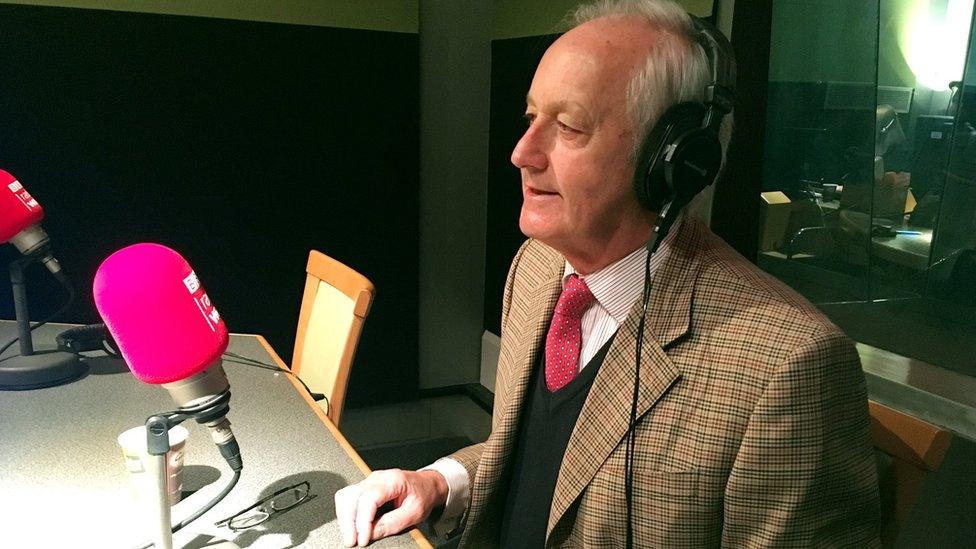
- Published14 May 2017
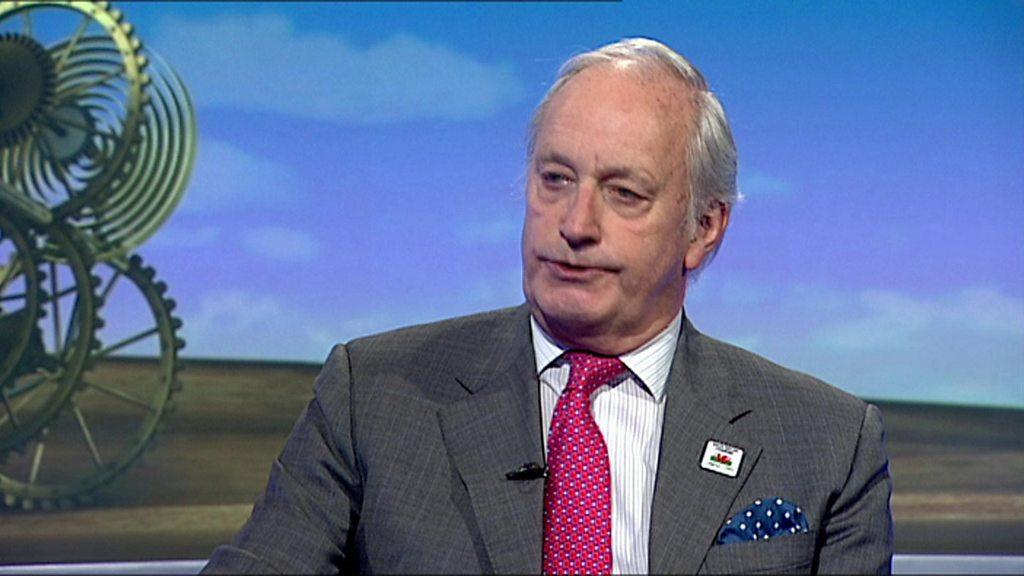
- Published6 May 2017
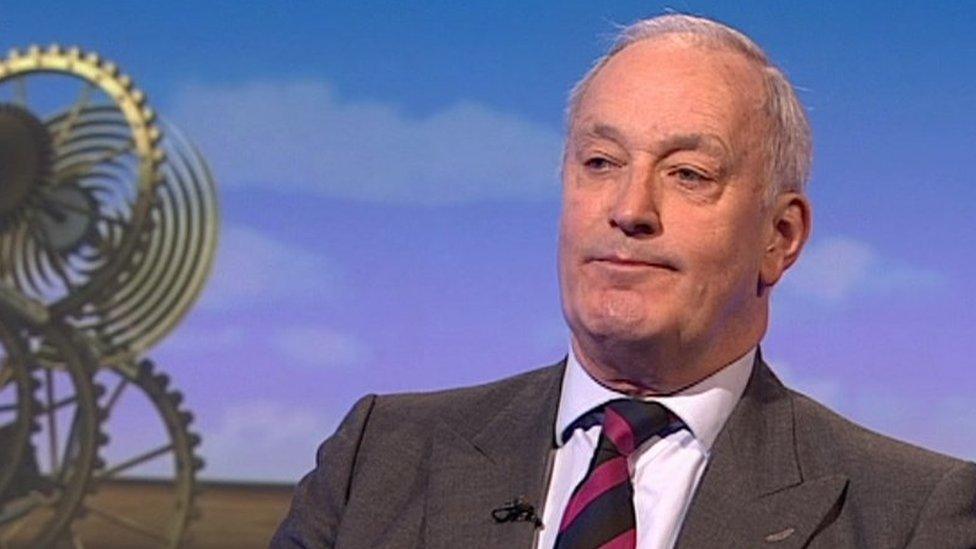
- Published24 April 2017
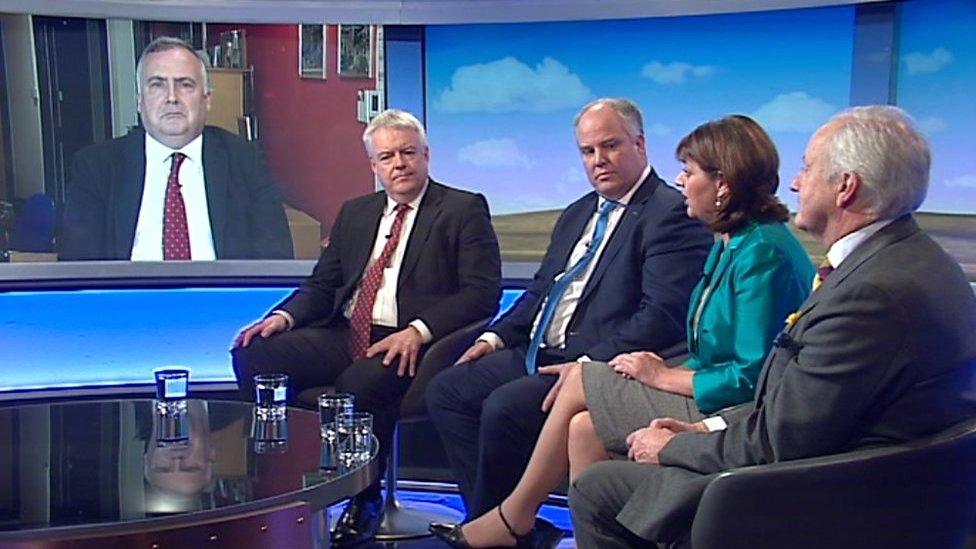
- Published6 April 2017
